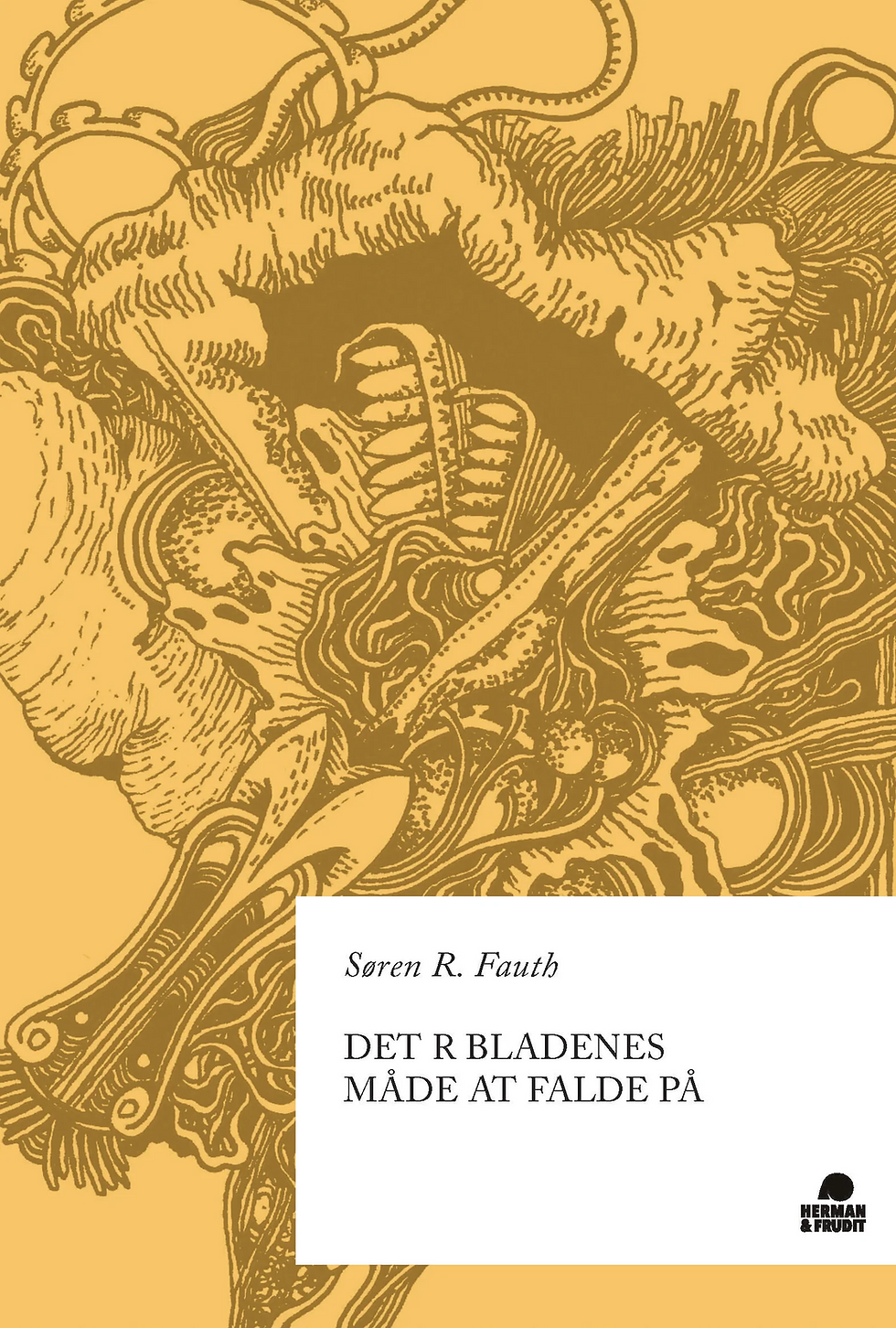Terrance Hayes 'TO FLOAT IN THE SPACE BETWEEN' (2018)
- Matt Travers
- Oct 13, 2020
- 2 min read
A Life and Work in Conversation with the Life and Work of Etheridge Knight

Read this 200 page monograph in one sitting. For me, that means it must involve questions of personal urgency and it must be light. Perhaps I read it too fast. While Hayes explicitly announces his refusal to be a dutiful biographer from the first page on, I found myself wishing he’d pushed a bit further with his research and he left me craving for more knowledge about the life, the writing and the addictive cycles of his ostensible target, Etheridge Knight. No bad thing, and I couldn’t help admire Hayes's flip incorporation of his own convoluted family histories into this dialogue with a literary father figure. Not the anxiety of influence so much as a return of the prodigal son.
An ungenerous critic might say that this work is an indulgent bricolage of disparate scattered texts brought together by Hayes’s own quaint afro-centric Benny Andrews-stye illustration and the need to fulfil a book contract. I say it is a poetics in motion, made up as it goes, the analysis of Knight’s ‘As you leave me’ a great example of judicious critical writing. While neither hagiographic nor sentimental, Hayes has a way of pinpointing, line-by-line, Knight’s strengths and limits as a poet in a way that seems both insightful and compassionate.
In a nod to the genealogical approach, the formal organization of this study is guided by biological tropes of cell growth, inspired as it is by Knight’s ‘Idea of Ancestry’. The only bum note for me was in Hayes’s attempt to splice in Zygmunt Bauman’s popular if underdefined notion of ‘liquid modernity’ which seemed like an amateurish venture into theory. In contrast, the autobiographical section where Hayes recounts how he met up with his biological father as an adult was brave and considered. Everything points to Hayes being conceived through not-quite-consensual sex, but what really happened remains murky and he resists the easy temptation to condemn.
Overall, it is this candor which is so refreshing, and the reader gets a sense of Hayes’s liberation from his own prohibitions of the lax confessional style. Imagine Mondrian being loose and gay in his atelier after a successful exhibition. The results would excite and repel but if you are a fan it cannot fail to arouse your interest.



Comments